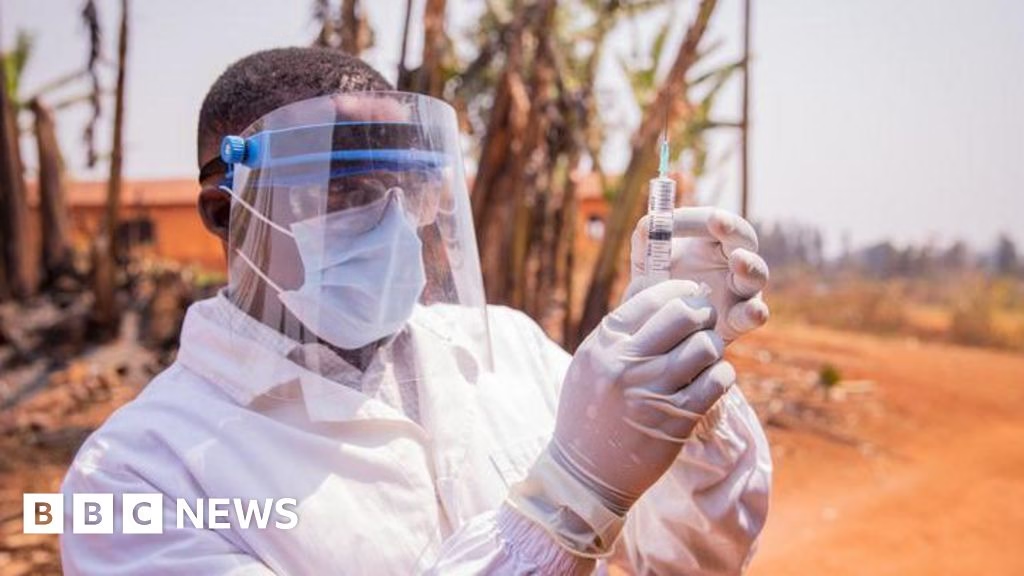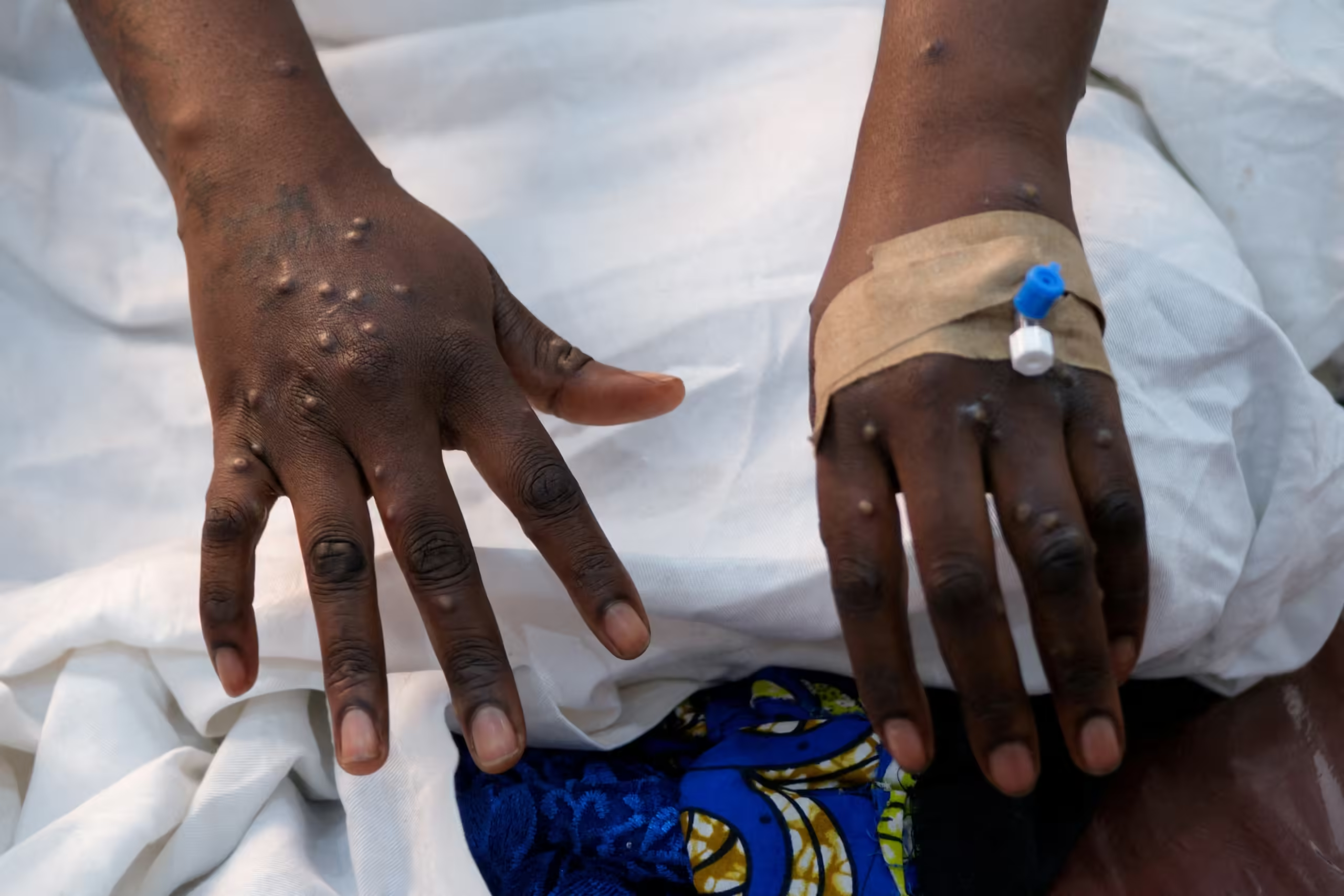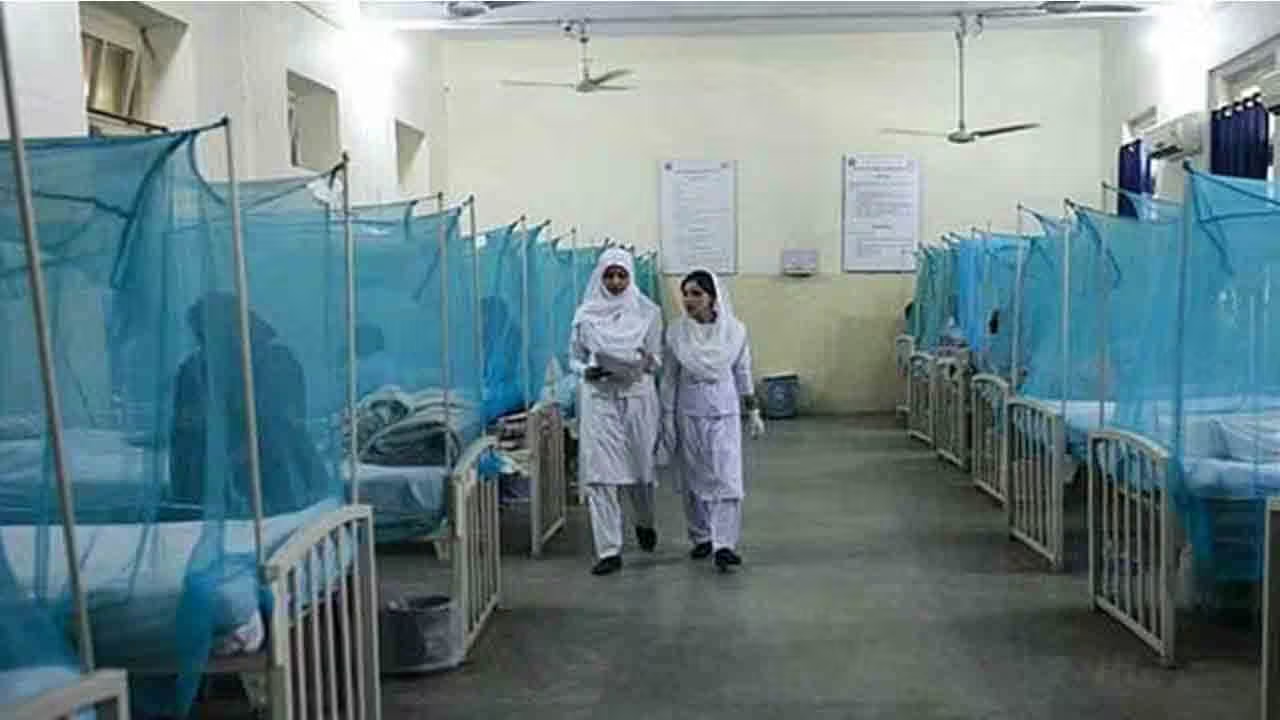Emergency vaccination efforts in response to outbreaks of five major infectious diseases have reduced deaths by nearly 60% over the past 23 years, according to a landmark study published in BMJ Global Health. Conducted by Gavi, the Vaccine Alliance, in partnership with Australia’s Burnet Institute, the research assessed 210 outbreaks across 49 low-income countries.
“For the first time, we are able to comprehensively quantify the benefit, in human and economic terms, of deploying vaccines against outbreaks of some of the deadliest infectious diseases,” said Sania Nishtar, CEO of Gavi.
Major Findings:
- Yellow fever deaths fell by 99%
- Ebola deaths dropped by 76%
- Measles deaths decreased by 52%, and cases by 59%
- Cholera cases fell by 28%, deaths by 36%
- Meningitis cases dropped by 27%, deaths by 28%
These figures underscore the critical role of speed and preparedness in controlling deadly outbreaks. The study estimates that rapid emergency vaccination generated $32 billion in economic benefits by preventing premature deaths and reducing disability.
Broader Context:
The 2014 Ebola outbreak in West Africa, which occurred before vaccines were available, cost the region an estimated $53 billion. In contrast, later Ebola outbreaks addressed with emergency vaccines had far lower death tolls and limited regional spread.
Gavi’s efforts go beyond outbreak response. It:
- Vaccinates nearly half the world’s children
- Maintains global vaccine stockpiles in collaboration with WHO, UNICEF, MSF, and IFRC
- Partners with global organizations including the World Bank and the Gates Foundation
Post-COVID Landscape:
While COVID-19 vaccines saved an estimated 20 million lives in their first year (according to The Lancet), the pandemic disrupted routine immunization, leading to declines in coverage for diseases like measles and polio.
The study warns that emergency responses must be paired with strong routine immunization systems to prevent dangerous setbacks.
Looking Ahead:
Gavi’s 2026–2030 strategy includes:
- Expanding vaccine stockpiles
- Accelerating access to vaccines for emerging threats like mpox and hepatitis E
- Supporting preventive campaigns in high-risk regions
The study reinforces that vaccines remain among the most powerful and cost-effective tools in public health, with profound impacts on both lives saved and economic resilience.



